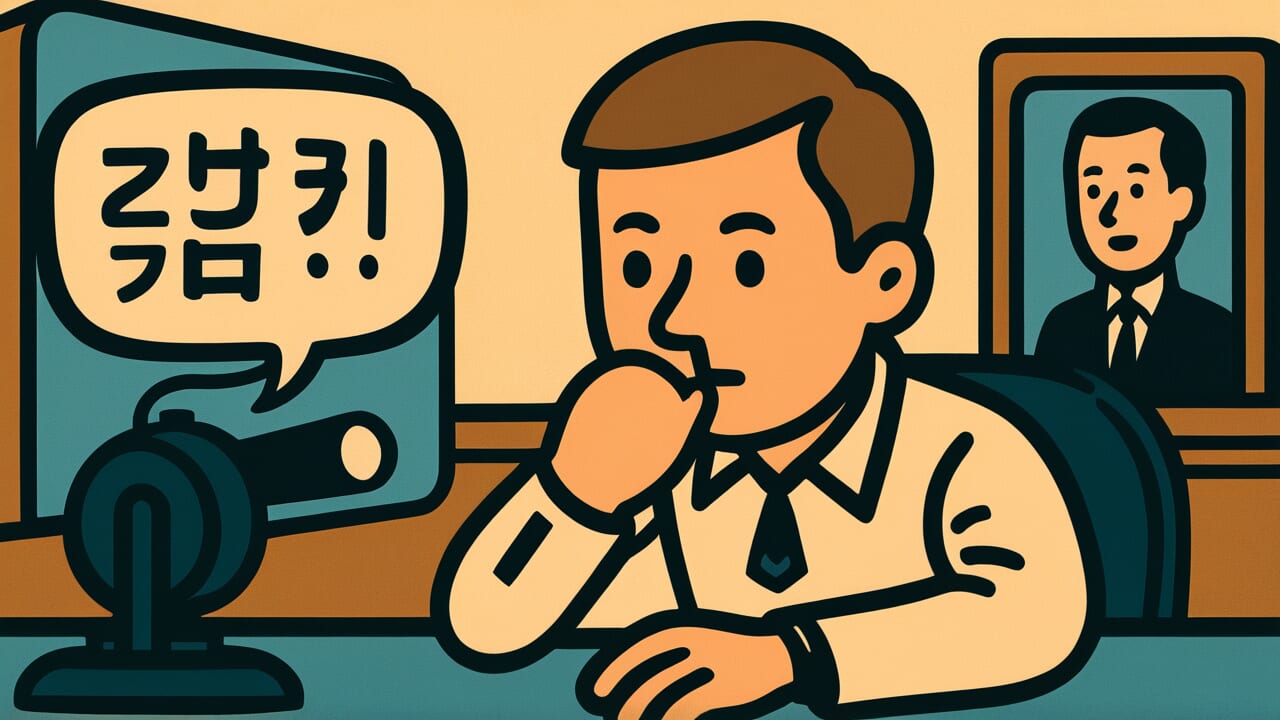How to Read “Don’t explain what’s already done”
せいじはとかず (seiji wa tokazu)
Meaning of “Don’t explain what’s already done”
“Don’t explain what’s already done” means that discussing what has already ended is pointless. You can’t turn back time, no matter how much you debate past events or completed matters.
Saying “we should have done this” or “that decision was wrong” about things that already happened won’t change anything.
This proverb is used in meetings or discussions when people keep arguing endlessly about past failures or decisions. It suggests cutting off unproductive regret and shifting to forward-looking conversations about what to do next.
Even today, this message of “look forward” is useful when post-project reviews focus only on blaming people for the past. It also helps when someone keeps repeating personal regrets.
This proverb teaches us to accept that the past can’t be changed. We should learn from it and apply those lessons to the future.
Origin and Etymology
“Don’t explain what’s already done” is believed to come from the ancient Chinese text “Analects of Confucius.” The “Ba Yi” chapter records Confucius saying “成事不説、遂事不諫、既往不咎.”
This phrase was transmitted to Japan and became established there.
In this phrase, “成事” means “things already accomplished.” “説かず” means “don’t explain or discuss.” Confucius taught his disciples that endlessly rehashing past events is useless.
Confucian thought emphasized constructive action toward the future over attachment to the past. Debating “we should have done this” or “we should have done that” about finished matters doesn’t turn back time.
What matters is thinking about how to act going forward, using that experience as a lesson.
Chinese classics were transmitted to Japan long ago. The “Analects” was considered essential reading, especially among the warrior class.
The phrase “Don’t explain what’s already done” also took root in Japanese culture through this Confucian influence. It has been passed down as practical wisdom: look forward rather than regret the past.
Usage Examples
- The discussion about the project failure keeps going on and on, but “Don’t explain what’s already done”—we should think about the next countermeasures
- Even if you regret that choice, “Don’t explain what’s already done,” so let’s focus on what we can do now
Universal Wisdom
The phrase “Don’t explain what’s already done” has been passed down for thousands of years. This is probably because humans are fundamentally creatures who can’t escape “attachment to the past.”
We replay what has already happened in our minds repeatedly. We imagine alternative choices and wonder “what if I had done that instead?”
This act itself is an excellent human ability. We evolved because we have the power to look back, analyze, and learn from the past.
But this ability is also a double-edged sword. When attachment to the past becomes too strong, it drains our mental energy and prevents us from moving forward.
People repeatedly recall events involving failure or regret. They keep blaming themselves or others. Questions like “why did I make that decision?” or “whose fault was it?” won’t change the past even when answered.
Yet people keep asking. That’s human nature.
Our ancestors saw through this human weakness. That’s why they taught us something important with the short phrase “Don’t explain what’s already done.”
You can’t change the past. But you can change the future. This proverb quietly yet powerfully conveys this obvious but easily forgotten truth.
When AI Hears This
Explaining what has already happened is extremely inefficient from an information theory perspective. This is because the event is already fixed, with zero uncertainty.
In information theory, the value of information is measured by how much it reduces uncertainty. For example, information predicting tomorrow’s weather has value.
But information explaining yesterday’s weather has almost zero value. The receiver already knows the result, or even if they don’t, they can’t change their actions now.
What’s interesting here is the communication cost spent explaining the past. In human conversation, enormous time and energy go into explaining past events.
But from an information theory standpoint, there’s almost no information gain worth this cost. In other words, endlessly explaining what already happened just generates “waste heat” in thermodynamic terms—a state where information entropy doesn’t increase.
More importantly, explaining the past doesn’t create new information. Predictions and plans for the future can bring new order to a system.
But justifications about the past only re-describe existing states. Ancient Chinese thinkers intuitively understood this information-theoretic asymmetry and taught the importance of future-oriented communication.
Lessons for Today
This proverb teaches modern people the importance of “courage to let go.” In today’s world with developed social media, past statements and actions remain as records forever.
They can be dug up repeatedly. As the term “digital tattoo” suggests, we live in an era where escaping the past is difficult.
That’s precisely why we need to consciously embrace the spirit of “Don’t explain what’s already done.” You don’t need to keep apologizing on social media for past failures.
You don’t need to endlessly pursue responsibility for finished projects at work. What matters is what you learn from it and how you apply that next.
When you’re discussing past events with someone, stop and think. Is this conversation creating something new? Or are you just rehashing the past?
If it’s the latter, have the courage to change the topic. Say “that’s already finished. Let’s think about what to do from now on.”
Letting go of the past doesn’t mean forgetting it. It means not being bound by the past and starting to walk forward.
That one step will change your future.



Comments